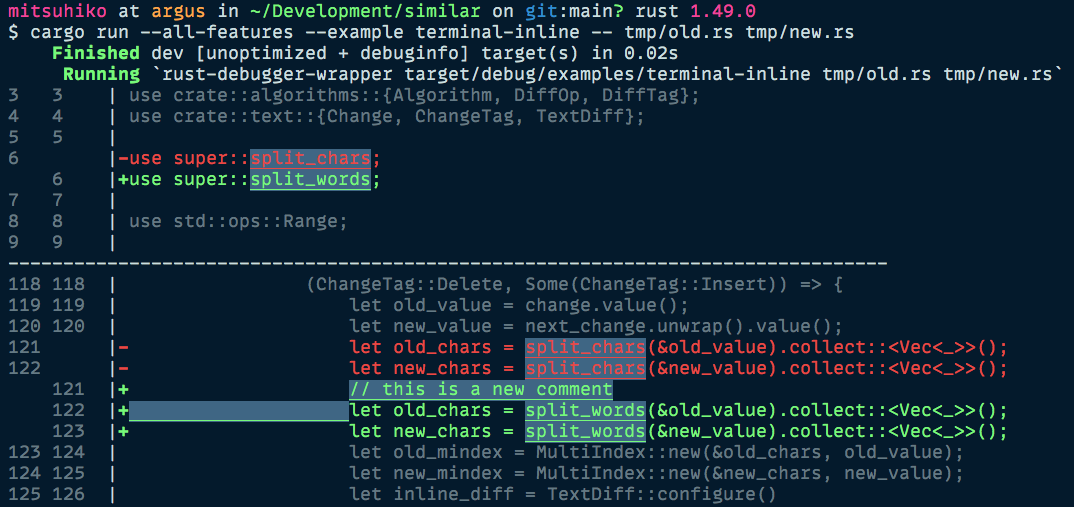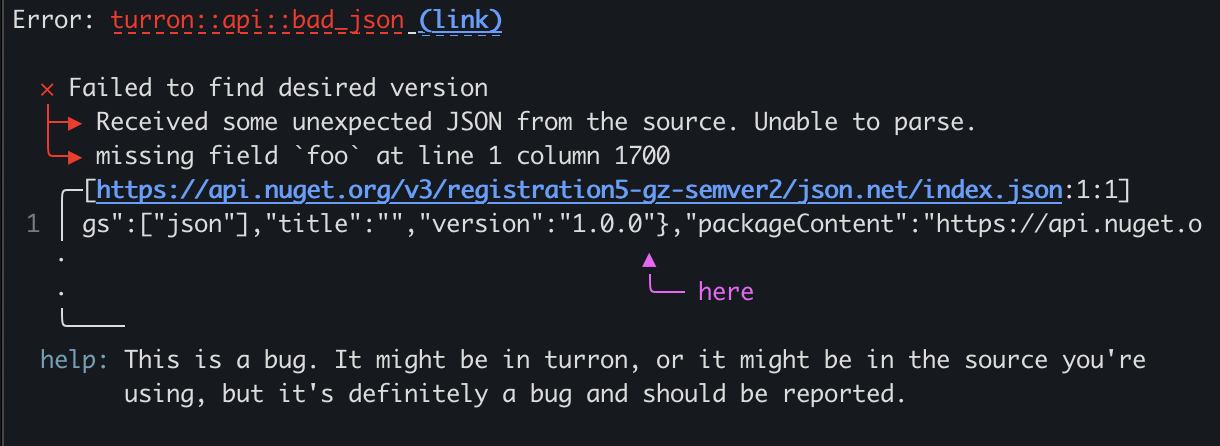tiny_id
tiny_id is a Rust library for generating non-sequential, tightly-packed short IDs.
Most other short ID generators just string together random digits. Due to the birthday problem, that approach is prone to collisions. For example, a four-digit alphabetic code has a 50% chance of collision after 800 codes.
tiny_id uses a linear congruential generator to generate codes which do not overlap while retaining only a small, constant-sized piece of state. For the same four-digit alphabetic code, tiny_id has a 0% chance of collision until all 456,976 possible codes have been generated.
These codes are indended for use-cases where it's desirable to have short, human-readable codes such that two codes generated in a row are no more likely to resemble each other than codes that are not. It should not be used in cases where the codes need to be non-guessable. They also do not guard against a German tank problem-type analysis by someone sufficiently motivated.
How to use it
Basic use
use tiny_id::ShortCodeGenerator;
fn main() {
// The length of generated codes
let length: usize = 6;
// Create a generator. The generator must be mutable, because each
// code generated updates its state.
let mut generator = ShortCodeGenerator::new_alphanumeric(length);
// Generate the next short code, and update the internal generator state.
let code = generator.next_string();
assert_eq!(length, code.len());
}
Alphabets
use tiny_id::ShortCodeGenerator; fn main() { let length: usize = 6; // There are several built-in alphabets with convenience constructors. // Numeral digits (0-9), like "769458". ShortCodeGenerator::new_numeric(length); // Numeral digits and lowercase letters (a-z), like "l2sx2b". ShortCodeGenerator::new_lowercase_alphanumeric(length); // Numeral digits, lowercase, and uppercase letters, like "qAh6Gg". ShortCodeGenerator::new_alphanumeric(length); // Uppercase letters only, like "MEPQOD". ShortCodeGenerator::new_uppercase(length); // You can also provide an alphabet with any unicode characters. // I hope you don't use it for emoji, but you could: ShortCodeGenerator::with_alphabet( "😛🐵😎".chars().collect(), length ); // The generator can also be used with non-char types, as long // as they implement Copy. let mut gen = ShortCodeGenerator::with_alphabet( vec![true, false], length ); // next_string() is only implemented on ShortCodeGenerator, // but gen is a ShortCodeGenerator, so we need to call // next() instead, which returns a Vec. let result: Vec<bool> = gen.next(); assert_eq!(length, result.len()); }
Exhaustion Strategies
Eventually, all short code generators reach a point where they run out of codes of a given length. There are three options for what to do when this happens:
- Increment the length. This corresponds to
ExhaustionStrategy::IncreaseLength, which is the default. - Cycle. This repeats the cycle of codes from the beginning. The order of codes is the same in every cycle. Corresponds to
ExhaustionStrategy::Cycle. - Panic. In the spirit of fail-fast, this panics when all codes have been used, for cases where exhaustion is unexpected and assumed by the rest of the program not to happen. Corresponds to
ExhaustionStrategy::Panic.
use tiny_id::{ShortCodeGenerator, ExhaustionStrategy};
fn main() {
// Increase length (default).
let mut gen = ShortCodeGenerator::new_uppercase(2);
for _ in 0..(26*26) {
let result = gen.next();
assert_eq!(2, result.len());
}
// We've exhausted all options, so our next code will be longer.
let result = gen.next();
assert_eq!(3, result.len());
// Cycle.
let mut gen = ShortCodeGenerator::new_uppercase(2)
.exhaustion_strategy(ExhaustionStrategy::Cycle);
let first = gen.next();
for _ in 0..(26*26-1) {
let result = gen.next();
assert_eq!(2, result.len())
}
// We've exhausted all options, so our next code will be a
// repeat of the first.
let result = gen.next();
assert_eq!(first, result);
}
How it works
A linear congruential generator (LCG) is a simple, non-cryptographic pseudorandom number generator.
LCGs are interesting because they generate numbers in a cycle, and the length of that cycle as a function of the parameters to the LCG is well-studied. In particular, one thing that's well understood is how to make an LCG that generates the numbers 1..m with a cycle size of m, i.e., to generate a permutation of the numbers 1..m. This is called the Hull-Dobell Theorem.
For an alphabet of size N and an ID length of L, there are N ^ L possible codes. We can convert back and forth between the numbers 1 .. N^L and those codes by treating the codes as base-N representations of the numbers.
Combining these two facts, our approach is:
- Using the Hull-Dobell Theorem, construct an LCG such that it will “visit” every number from
1toN^Lin some random(ish) cycle. - Using the base conversion method, turn each of these numbers into a short ID.
Notes
Note that the ShortCodeGenerator object itself contains a small amount of state, which is updated every time a short code is generated. Short codes must be generated by the same ShortCodeGenerator object in order to avoid collisions.
With the serde crate option, enabled by default, ShortCodeGenerator objects can be serialized to any format supported by serde. This can be used to persist the state of a generator for later use. (If you are using a custom alphabet, the type of that alphabet must also be serializable.)
The total number of possible codes (alphabet size to the power of length) must fit in a u64. If you're working with large enough codes and alphabets that that's a problem, you probably don't need this library anyway (as random collisions will be more rare).
Randomness is only used during the construction of ShortCodeGenerator. Code generation itself is entirely deterministic based on the current generator state.
All operations use constant time and space, except for ShortCodeGenerator construction. Construction technically has time complexity superlinear to the cardinality of the alphabet provided. For reasonable alphabet sizes (say, <1000), this should be negligible.
If you provide an alphabet rather than use one of the built-in alphabets, that alphabet must not contain any repeated entries. This is not enforced by the library, but failure to abide will result in collisions.
Partitioning
If you need two machines to be able to issue short IDs without coordinating, one approach would be to:
- Create an initial
ShortCodeGeneratorstate on the first machine, and serialize it. - Deserialize the state on the second machine, and generate exactly one code to advance the state.
- Every time a short code is needed on either machine, first generate and throw away exactly one code, and then generate the code.
This will ensure that each code is only used once (the first machine will use the even-indexed codes, and the second machine will use the odd-indexed ones.)
This can work with an arbitrary number of machines, as long as the number is known in advance, but becomes less efficient with large numbers of partitions.





